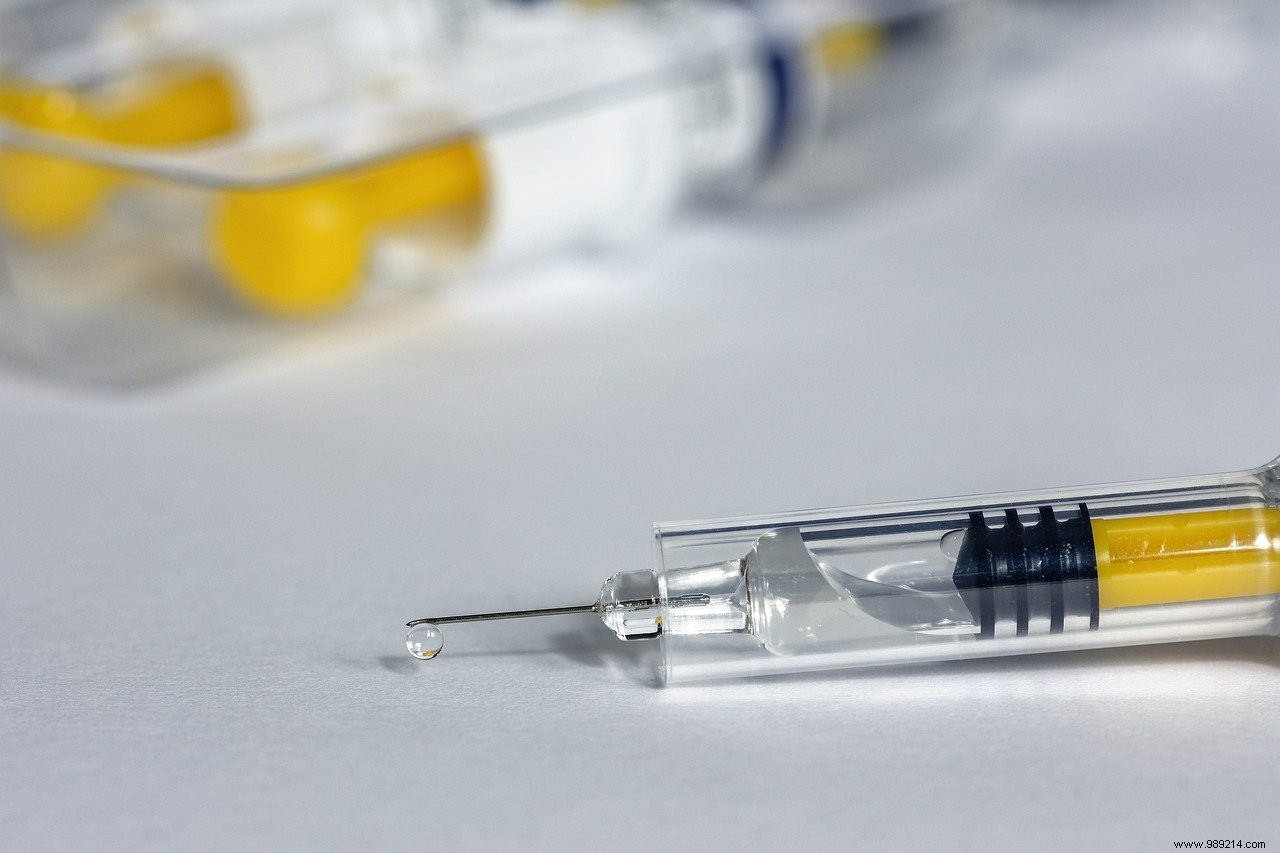An experimental vaccine developed by Pfizer and BioNTech has been shown to be effective in preventing Covid-19 infections in phase 3 trials, the authorities announced on Monday. two laboratories. The rest is still a bit unclear. What do we know exactly?
The news made noise, suggesting a light at the end of the long tunnel. A vaccine jointly developed by Pfizer (USA) and BioNTech (Germany) is said to be “90% effective” in preventing Covid-19 infections according to the two laboratories, which are based on the preliminary results of their large-scale phase 3 trial still in progress. The two companies concerned even intend to submit an emergency use authorization request to the FDA, the American health agency. Subject to licensure, the vaccine could be available before the end of December.
Researchers and experts around the world have naturally welcomed this breakthrough. They urge caution, however, pointing out the lack of detailed data.
Named BNT162b2, the vaccine from Pfizer and BioNtech is a mRNA-based formula . Like the one developed by Moderna, this vaccine relies on capsules of fatty nanoparticles to deliver fragments of genetic code in the form of messenger RNA (or mRNA) of SARS-CoV-2 into human cells. Concretely, these "pieces of code" are a genetic extract of the famous spike protein of the virus thanks to which it clings to human cells before initiating an infection.
Once delivered inside human cells, these genetic snippets are "read" by the human cells which then produce the protein fragment. This is then used to train the immune system to detect and destroy the virus .
Pfizer and BioNtech have already released data on their vaccine from previous trials. These first results then showed that their solution caused an immune response . They also found no serious side effects , highlighting all the same some common mild effects such as pain at the injection site, muscle aches, fatigue, fever or even headaches.
Both labs also noted that their vaccine seemed to cause higher levels of antibodies against SARS-CoV-2 than those observed in people who have recovered from Covid. Also, their vaccine reportedly elicited strong T-cell responses , which is essential to consider long-term immune protection.

Pfizer and BioNTech began their Phase III clinical trial on July 27, 2020. In total, 43,538 participants from the United States, Argentina, Brazil, South Africa, Germany and Turkey were recruited. All were divided into two groups:one, of 38,955 subjects, received the vaccine in two injections 21 days apart and the other a placebo.
Patient protection would then have been obtained seven days after the injection of the second dose (i.e. 28 days after the first). According to Pfizer and BioNTech, this famous "vaccine effectiveness rate of more than 90%" was measured by comparing the number of participants infected with the coronavirus in the group that received the vaccine and in the group that received the placebo. Concretely, this first analysis was carried out after 94 participants in the trial contracted the coronavirus . The researchers then determined how many of these infected participants had received the vaccine, and how many had received the placebo.
Although this news is indeed positive, some missing data should lead us to remain cautious. For example, it is not known if the vaccine is able to prevent severe or fatal cases of Covid-19 . Additionally, the trial only considered cases with at least one pre-determined symptom of the disease and a positive test. Thus, these early trial data do not indicate whether the vaccine could prevent asymptomatic infection . Finally, it is currently impossible to know how long this apparent protection could last or if more serious side effects could develop in the medium or long term.
In the meantime, Pfizer and BioNTech are preparing their data for publication in a peer-reviewed scientific journal. They point out being able to produce up to 50 million vaccine doses worldwide in 2020 and up to 1.3 billion doses in 2021.